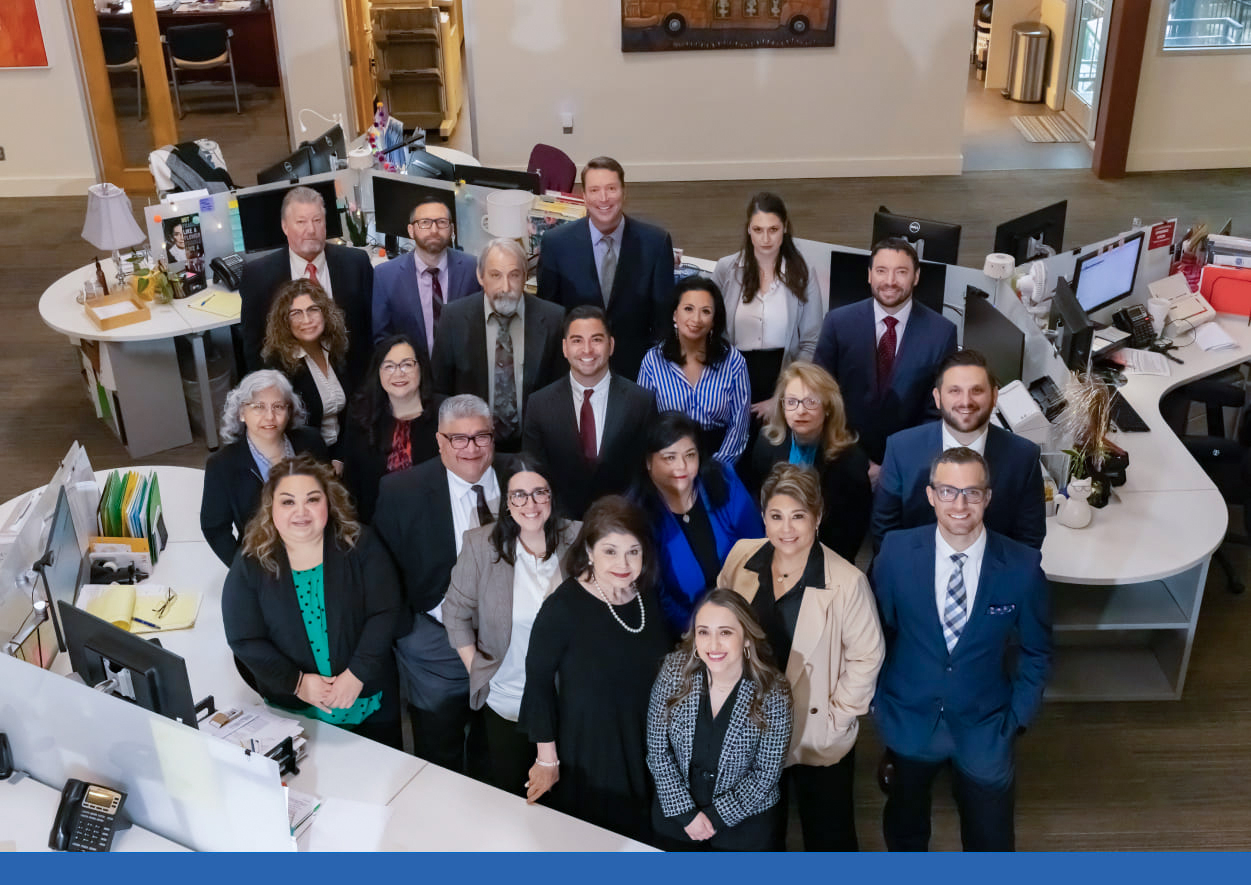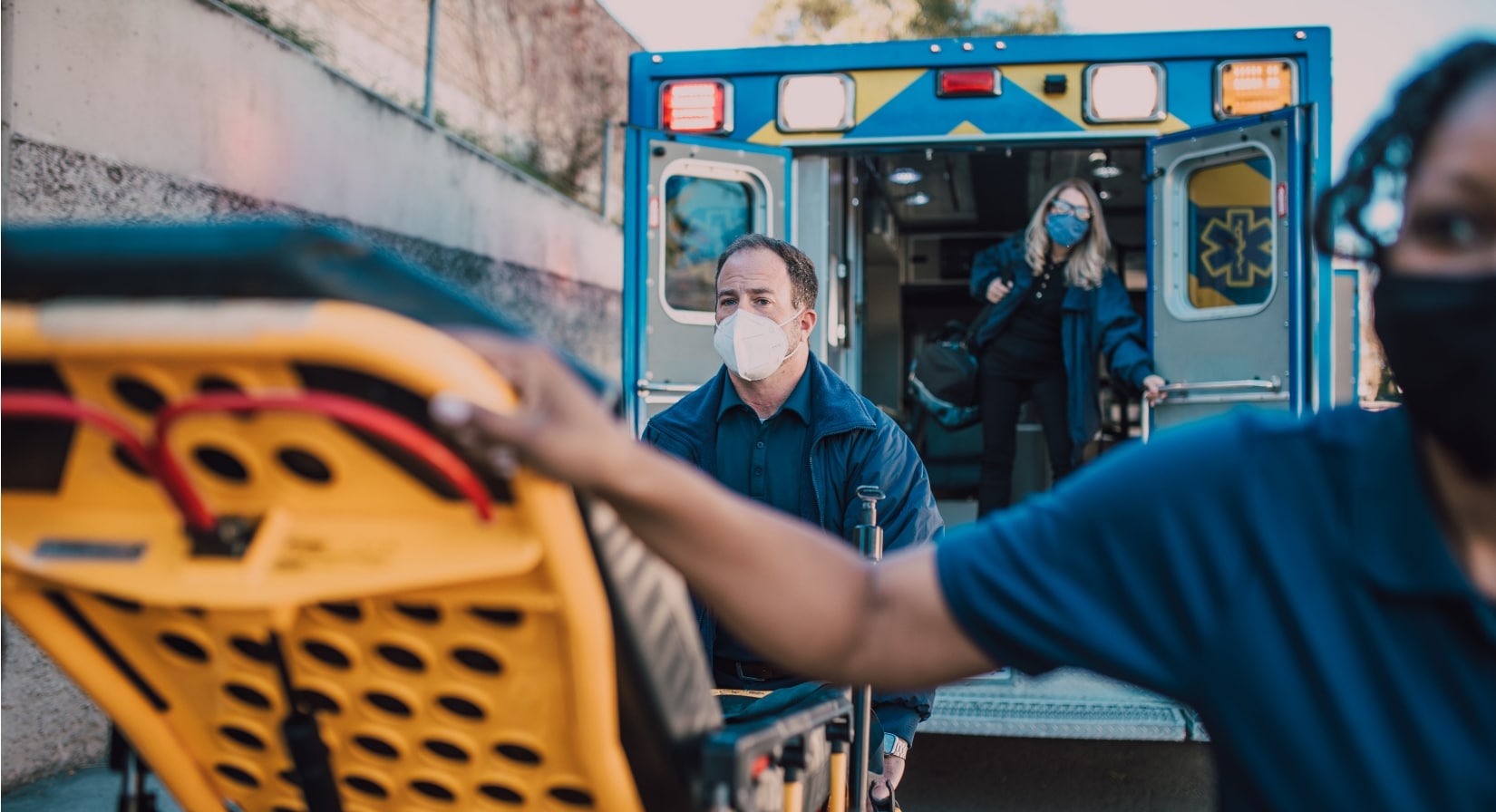Car Crash?
Call Crosley
San Antonio personal injury lawyers fighting for people throughout Texas.
Our practice areas

Who we are
Our San Antonio personal injury attorneys go the extra mile for our clients. We focus on cases that require an outstanding level of involvement, research, testing, and experience.
Top case results
Five-star client experiences
Crosley Law’s attorneys and legal professionals pride themselves on providing exceptional service to all their clients. Over the years, they have left us more than 250 5-star reviews on Google. Here are just a few of them:
What our clients say
Frequently asked questions
The process of determining what your case is worth is complex, and every personal injury claim is different. We use the unique details of your case to determine how much your claim is worth. These factors include:
- Medical bills
- Treatment costs and other medical expenses
- Missed work or lost income
- Physical pain
- Mental challenges
- Emotional pain and suffering
- How much insurance coverage is available to pay your claim
- Whether liability is clear in your case
If you have questions about what you’re owed or how to demand fair compensation, speak to an experienced attorney as soon as you can.
Our law firm handles all types of catastrophic personal injury cases, including:
- Motor vehicle accidents
- Commercial truck accidents
- Motorcycle accidents
- Pedestrian accidents
- Defective products (product liability)
- Wrongful death
- Traumatic brain injuries
- Spinal cord injuries
- Paralysis
- Loss of limbs
- Severe burns
- Blindness
If you or someone you love is suffering after an accident or crash that wasn’t your fault, even if you don’t see your specific injury on the list above, please don’t hesitate to give us a call. Click here to view all our practice areas.
Any information you provide about the incident can be helpful to your attorney. If you gathered anything at the scene of the accident, or have records of related costs, hang on to them. This can include:
- A detailed, written account of what happened
- The police report
- Pictures from the scene of related damage or conditions, such as auto damage, skid marks, injuries, neglected property, weather conditions, and more
- Medical records explaining diagnoses, treatment, and expected needs
- Bills for treatment and therapy
- Documentation of lost income
- Notes on how your life has been impacted, including physical pain, mental challenges, or emotional suffering
- Funeral and burial costs (in a wrongful death case)
However, your attorney will clearly communicate what they need from you.
Our San Antonio personal injury lawyers only charge for our legal services on a contingency fee basis. This means we only charge you if we win your case, and we charge a percentage of the final settlement amount. We also offer a free initial consultation to help you understand your options.
Not necessarily. Many people settle their claims in negotiation, but you need a strong legal team to ensure you receive a fair settlement.
If their offers don’t meet your needs, you and your attorney may decide to file a lawsuit, which is the formal beginning of a court-based process that ends in trial. Many people are able to settle before trial, but if you can’t, it’s in your best interest to have an experienced attorney on your side during this process.
Memberships and recognition
Tom Crosley is an active participant and leader in the legal community. He has been recognized by the following organizations:
Our blog
Insightful articles for injury victims looking to understand their legal options, build strong cases, and secure fair compensation.










